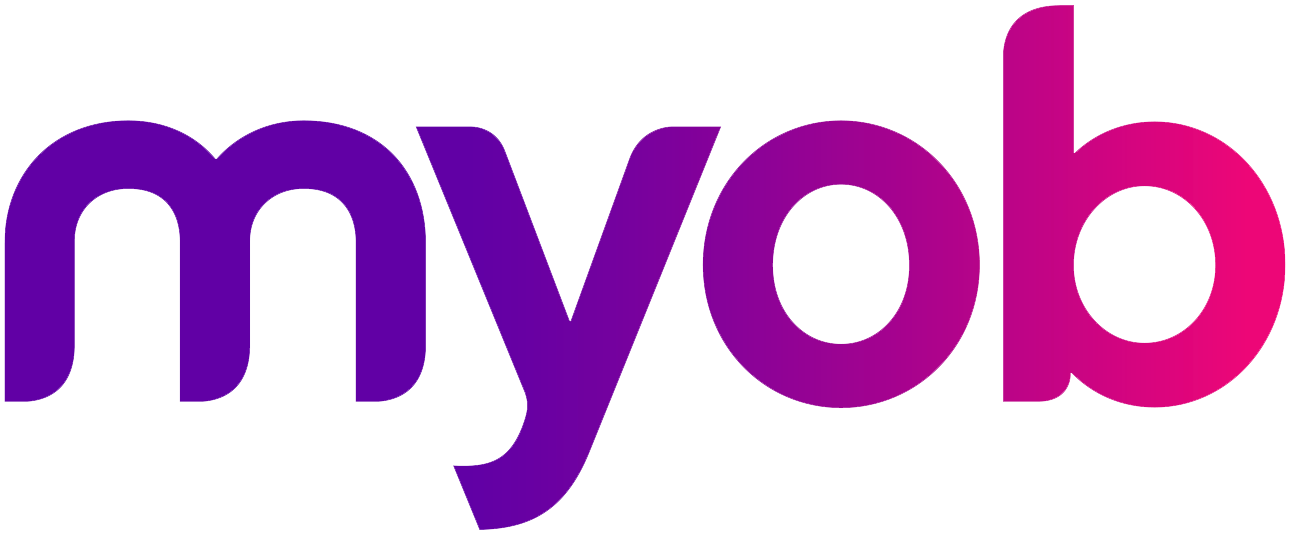
DFK Gooding Partners
May 16, 2023
The managed payroll services provided under by our Corporate Managed Services (CMS) team provides insight into a range of common challenges faced in the payroll function. Often these occur irrespective of company size or industry, and can be more common during periods of heavy workload, such as coming up to the end of financial year.
In this article we’ll share the more regularly occurring challenges we come across, and offer tips for a year end payroll health check that will get your payroll on the right track for the rest of this year, and beyond.
Common challenges we see our clients experiencing in payroll
There’s no surprises here – payroll forms a crucial function for all Australian businesses. It ensures legal compliance by accurately paying employees in line with employment laws. It contributes to employee satisfaction and retention by ensuring timely and accurate wage payments. And it plays a critical role in tax calculations, deductions and superannuation contributions. Here are some of the challenges we see that can start small, but often snowball into larger ones.
Superannuation guarantee incorrect
Lack of correct systems and processes can result in easy mistakes, and missing the super guarantee is one of them. However, even with good systems in place, inadequate understanding or misinterpretation of superannuation guarantee rules can still occur and harsh penalties apply for inadvertent errors. The complex rules regarding what constitutes “ordinary time earnings” is a good example of where the rules can be misinterpreted.
Reversal and correction of pay run and superannuation done incorrectly
Like many errors, it is often a lack of attention to detail when reversing and correcting pay runs and superannuation that creates confusion and inaccuracies in payroll records. This leads to reconciliation issues, incorrect tax reporting, and potentially affects employee entitlements.
Annual leave accruals not calculated correctly
This one often comes down to simple errors in manual calculations or data entry for annual leave accruals, causing issues with leave balances and worst case scenario – potential employee disputes.
Bookkeeper may not have adequate HR experience
Payroll involves more than just accounting; it requires knowledge of employment laws and regulations. Without relevant HR expertise, your bookkeeper may struggle to accurately calculate wages, deductions, and entitlements, leading to potential errors and compliance issues.
PAYG withholding on back payments not calculated correctly
A misunderstanding of how PAYG withholding applies to back payments can result in underpayment or overpayment of taxes, leading to potential compliance, financial and tax-related issues for both employees and the business.
Not understanding payroll tax reporting
Payroll tax reporting can be complex, and a lack of understanding or knowledge gaps in payroll tax can lead to non-compliance and potential penalties. Incorrect reporting can result in underpayment or overpayment of payroll tax, causing financial implications for the business. It is crucial to have a good understanding of payroll tax reporting obligations to ensure accurate and timely compliance
“
Having a well-designed payroll system, and supporting processes are important, however that is only one half of the coin. Ensuring you have current knowledge and an understanding of employment laws, regulations, and taxation requirements (or access to people who do) is essential.
ANDREW YOUNG, ASSOCIATE PARTNER
The CMS five point payroll health check
Coming up to EOFY places pressure across a range of business functions, and payroll is not immune. Performing a year-end check of the payroll function is important for three reasons. Firstly, it allows businesses to verify the accuracy of employee wages, deductions, and statutory obligations, reducing the risk of errors and ensuring compliance. Secondly, it provides an opportunity for a comprehensive audit of payroll processes, helping identify and address any non-compliance issues. Thirdly, a year-end check aids in reconciling and preparing accurate tax reports, ensuring proper filing with tax authorities and facilitating tax planning for the upcoming year.
1. Ensure super is calculated correctly for each employee
Review and verify that superannuation contributions for each employee have been accurately calculated and processed throughout the year. This includes confirming that the correct percentage or amount has been applied, ensuring any applicable salary thresholds are considered, and reconciling the superannuation payments made with the payroll records.
2. Review STP coding for historic allowances
Check that the correct STP codes were assigned to historic allowances, ensuring accurate reporting and compliance with ATO requirements. Identify any discrepancies or incorrect coding and make the necessary adjustments prior to finalising the year-end STP reporting.
3. Reconciling P&L and balance sheet items to the payroll reports
For accuracy and completeness in financial reporting, it is essential to reconcile payroll-related items on the P&L and balance sheet with the payroll reports. This includes verifying that payroll expenses, liabilities, and accruals align with the payroll report with any differences explained. Any discrepancies should be investigated and resolved.
4. Check annual leave (AL) and long service leave (LSL) calculations and payroll settings
Check annual leave (AL) and long service leave (LSL) calculations and payroll settings:
5. Review your payroll process, and assign a dedicated reviewer to ensure correct entries
Assigning a designated reviewer within the payroll team is an excellent risk mitigation strategy to ensure accurate and correct entries for payroll categories, employee entitlements, superannuation contributions, and other related items. This reviewer should meticulously verify the data entered into the payroll system, cross-checking against relevant documentation and regulations to minimize errors and maintain compliance. Our Corporate Managed Services team provides a comprehensive review service as part the managed payroll function with a CMS engagement.
System plus knowledge, processes plus understanding
By considering and addressing these factors, your payroll team can begin to ensure the accuracy, compliance, and integrity of your payroll system and supporting processes as you approach the end of the year.
However, these must be built on a foundation of knowledge of the current legislation around HR, taxation and superannuation, as well as experience in interpreting, and applying this knowledge. This can be a challenge, especially for small businesses with limited internal resources to navigate these complex requirements.
If your business lifecycle stage, or strategic objectives don’t currently support building this knowledge in-house, Corporate Managed Services is our solution that offers managed services for payroll that can be tailored to your requirements. Using an external provider is a effective way to mitigate errors, improve financial reporting, and provide peace of mind that payroll obligations are being met effectively.
How is your payroll system looking at the moment?
Complete the quick contact form below with your details and one of our team will be in touch to discuss your requirements. Alternatively, you can call us (08) 9327 1777 or email info@dfkgpca.com.au.









